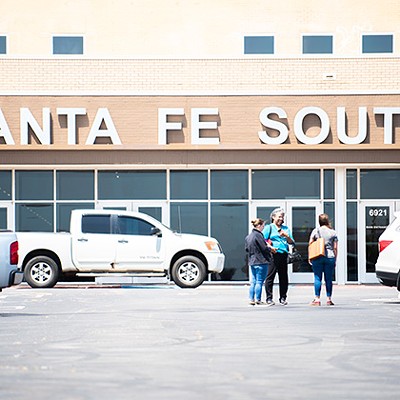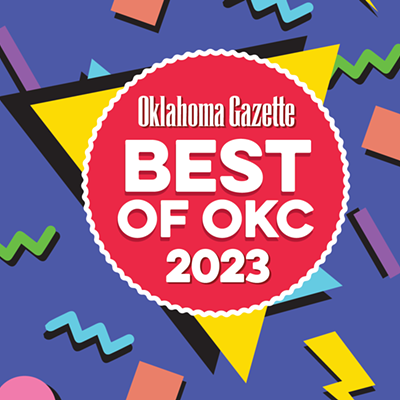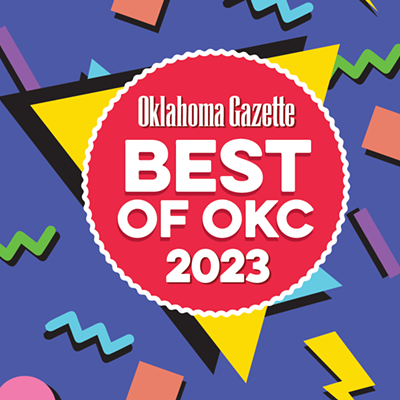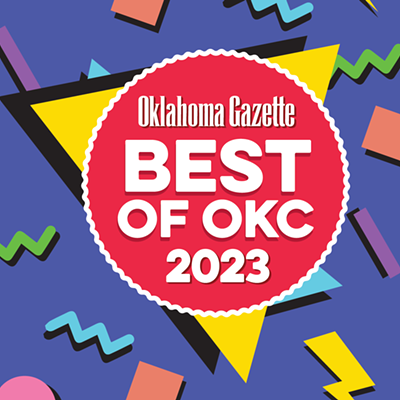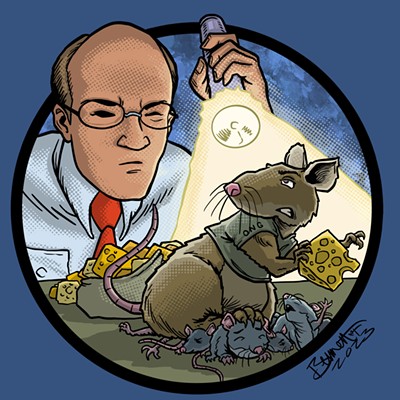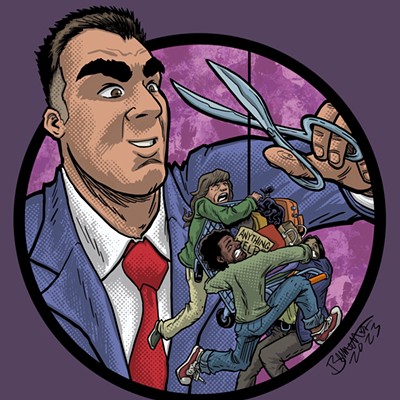The headline alone provokes an almost Kafkaesque image. “‘Our kids have become a piggy bank’: Epic Charter Schools shields $50M in taxpayer funds from public scrutiny,” by Andrea Eger (Tulsa World, Feb. 23) reports Epic has paid its for-profit management company millions of taxpayer dollars annually “for school expenditures that are never audited and which Epic claims are shielded from public scrutiny.”
Students enrolled in taxpayer-funded Epic One-on-One virtual charter school, Tulsa World reported, have Learning Fund accounts with a beginning balance of $1,000. The money can be used for books, learning materials and extracurricular activities offered by approved outside vendors; but students must also pay administration, curriculum and technology fees, and students enrolled at Blended Learning Centers, which combine online and in-person instruction, pay all of their Learning Fund money back to Epic.
One parent interviewed said Epic also takes an $85 “processing fee” from each of her children’s learning fund accounts, a fee that, if applied to every student, World calculated, might have totaled $4-$5 million from 2011 to 2018.
In the 2018-2019 school year, Epic Youth Services — the for-profit management company owned by Epic founders Ben Harris and David Chaney — invoiced the charter school for more than $20 million dollars, Tulsa World reported, and “invoices for five of its eight past years of operation … total more than $42 million.”
In July, Oklahoma State Bureau of Investigation (OSBI) alleged “Chaney and Harris knowingly and intentionally acted jointly together, to create a system of financial gain at Epic to entice and promote fraudulent acts by teachers, administrators, and parents of home school students to wrongfully create and conceal the existence of ghost students” — home and private school students whose parents enrolled them in Epic only to get the Learning Fund money and not to receive instruction from the school.
We’ve gotta admit piggy bank kids sounds less ominous than ghost students, so … progress?
Feb. 25, House Bill 2905, the Virtual Charter School Transparency and Reform Act of 2020, authored by Sheila Dills, R-Tulsa, passed unanimously in the House Common Education Committee.



